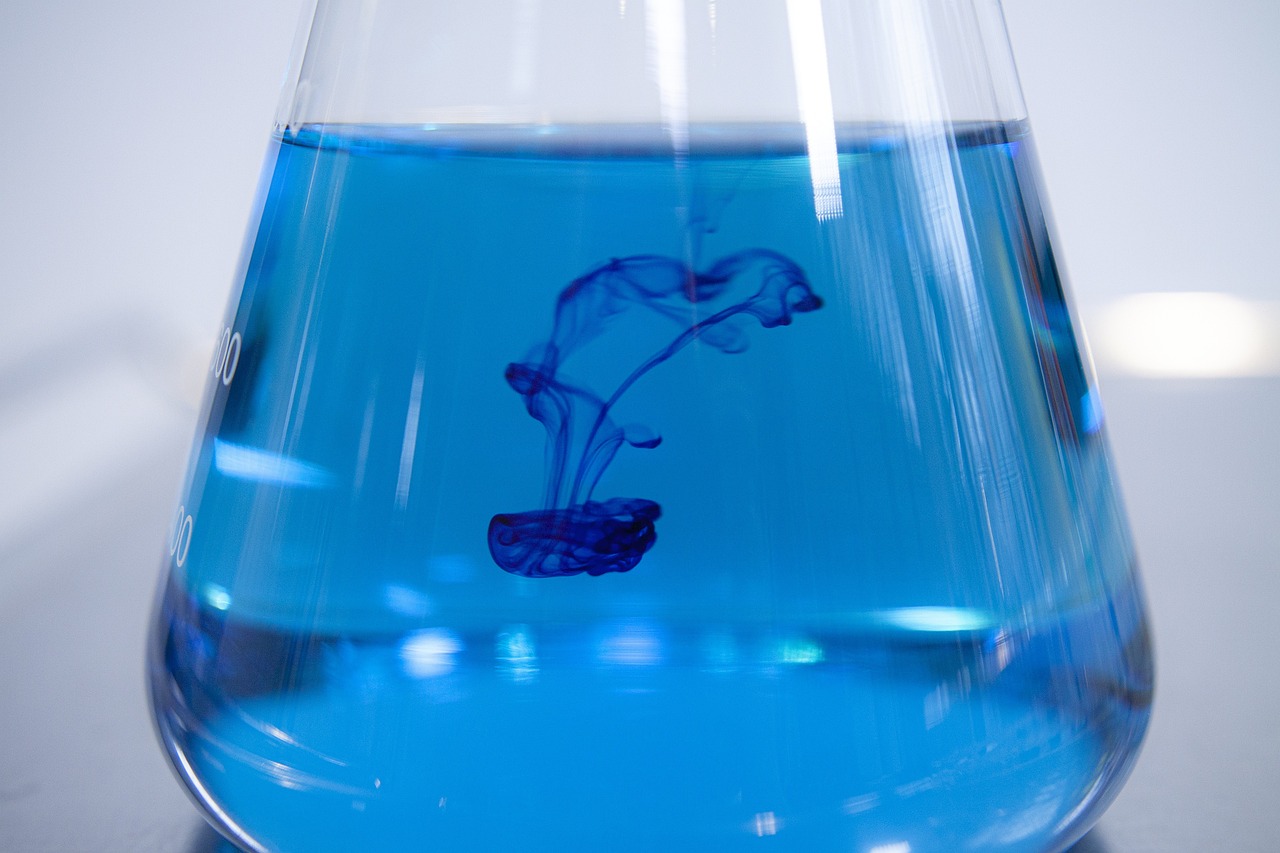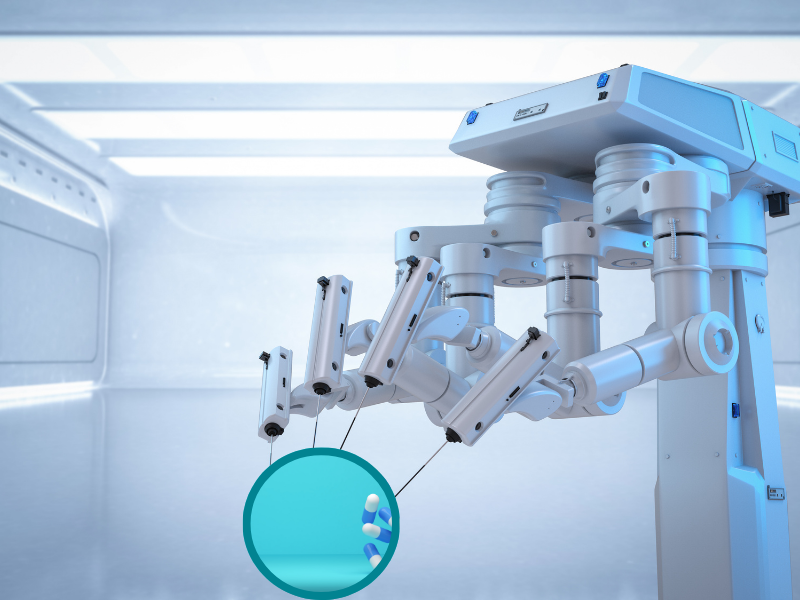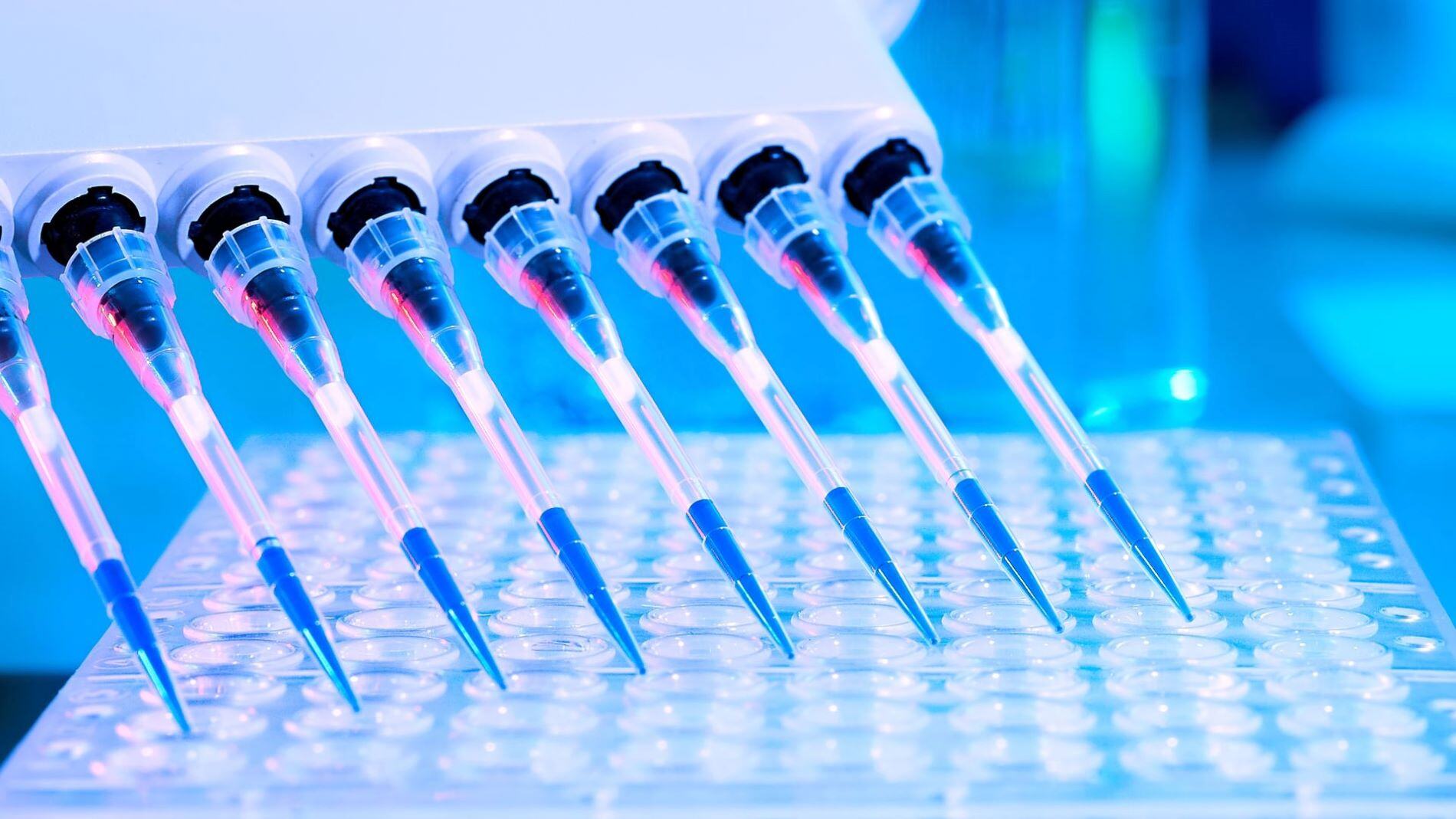Automation in Medicinal Chemistry: A Look at Synthesis Advances

In the world of Drug Discovery, medicinal chemistry is fast evolving thanks to the integration of automation technologies; helping in how new drugs are synthesized. Automation in medicinal chemistry is reshaping the synthesis of new drugs in medicinal chemistry, offering unprecedented efficiency, precision, and creative potential in drug development. From the implementation of robotic systems to the sophisticated use of artificial intelligence, automation is redefining the boundaries of what's possible in drug discovery and especially in the synthesis of new pharmaceuticals. Oxford Global delves into how automation aids in synthesizing new drugs, the specific technologies enhancing these processes, and the complexities and challenges this integration presents.
How is automation helping synthesis in medicinal chemistry?
Automation is playing a transformative role in the field of synthesis in medicinal chemistry, contributing to the field in multiple significant ways. One of the primary benefits of automation is its ability to increase the efficiency of the synthesis process. It streamlines the production of pharmaceutical compounds, allowing for faster and more efficient creation, especially beneficial for complex or lengthy reactions. This efficiency is further enhanced by automation's continuous operation capability, which markedly reduces the time required for synthesis.
In addition to efficiency, automation brings a high level of precision and consistency to chemical synthesis. This is crucial in the production of pharmaceuticals, where exact chemical composition and dosage are essential for the drug's efficacy and safety. Automated systems ensure consistent results, which is a key factor in maintaining the quality and reliability of pharmaceutical compounds.
Another significant impact of automation is seen in high-throughput screening, where it enables the rapid screening of a vast number of chemical reactions. This aspect is particularly useful in the early stages of drug development, facilitating the synthesis and testing of numerous potential drug candidates efficiently.
Automation also plays a vital role in reducing human error. By minimizing manual intervention in the synthesis process, the risk of mistakes is significantly lowered, leading to increased reliability and quality in the production of pharmaceutical compounds. This reduction in human error not only improves the outcome but also contributes to cost-effectiveness. Although the initial investment in automation technology might be substantial, it ultimately leads to reduced labor costs and increased throughput, making the overall synthesis process more economical in the long term.
Moreover, automation enhances safety in the laboratory by reducing the need for chemists to handle dangerous chemicals or perform repetitive tasks, leading to safer working conditions. This aspect of safety is a crucial consideration in any chemical laboratory environment.
The introduction of automation also fosters innovation in medicinal chemistry. By taking over routine tasks, it allows researchers to focus on more creative and innovative aspects of drug development, such as designing new molecules and exploring novel synthesis pathways.
Finally, the integration of automation with computational tools, like machine learning algorithms, marks a significant advancement. These tools can predict successful synthesis routes and optimize reaction conditions, further enhancing the efficiency and effectiveness of the synthesis process in medicinal chemistry.
Overall, automation's influence in medicinal chemistry synthesis is profound, revolutionizing the field by enhancing efficiency, precision, and innovation, while also improving safety and cost-effectiveness. This technological progress is essential for the rapid development of new drugs and therapies, marking a significant leap forward in pharmaceutical research and development.
What are the automation technologies improving synthesis in medicinal chemistry?
Several automation technologies are significantly improving the synthesis process in medicinal chemistry, each contributing to more efficient, precise, and innovative drug development:
Robotic Systems
These systems are used for repetitive and precise tasks such as liquid handling, sample preparation, and reaction setup. Robots can work tirelessly, maintaining consistent accuracy, which is crucial for delicate synthesis processes.
High-Throughput Screening (HTS) Equipment
HTS technologies enable the rapid screening of thousands of chemical compounds for potential biological activity. This technology is vital in identifying promising candidates for further development in the early stages of drug discovery.
Microfluidic Systems
These systems allow for the manipulation of small volumes of fluids, enabling reactions to be conducted on a much smaller scale. This not only saves materials but also speeds up the synthesis process, making it more efficient and cost-effective.
Artificial Intelligence and Machine Learning
AI and machine learning algorithms are increasingly used to predict the outcomes of chemical reactions, identify potential drug candidates, and optimize synthesis pathways. They can analyze vast datasets to uncover patterns and insights that would be impossible for humans to discern quickly.
Automated Synthesizers
These devices automate the chemical synthesis process, particularly for peptide and nucleic acid synthesis. Automated synthesizers can produce these molecules with high precision and reproducibility, which is essential for both research and therapeutic applications.
Computational Chemistry Tools
Software for molecular modeling, reaction simulation, and predictive analytics helps chemists understand and predict chemical reactions and properties. These tools are essential for designing efficient synthesis routes and understanding complex chemical interactions.
Lab-on-a-Chip (LOC) Devices
LOC technology integrates multiple laboratory functions on a single chip of only millimeters to a few square centimeters in size. These devices enable automated, high-throughput testing with minimal sample volumes, reducing waste and costs.
Automated Analytical Techniques
Techniques like High-Performance Liquid Chromatography (HPLC), Gas Chromatography (GC), and Mass Spectrometry (MS) are often automated for high-throughput analysis of synthesized compounds. This automation ensures quick, accurate analysis, which is critical in assessing the success of synthesis reactions.
Data Management Systems
With the vast amount of data generated in automated synthesis processes, effective data management systems are crucial. These systems organize, store, and analyze data, facilitating efficient information retrieval and decision-making.
Remote Monitoring and Control Systems
These technologies allow scientists to monitor and control synthesis processes remotely, increasing the flexibility and efficiency of research operations.
These technologies collectively enhance the efficiency, accuracy, and innovation potential in the field of medicinal chemistry synthesis. By automating routine tasks, they allow scientists to focus on more complex and creative aspects of drug discovery and development.
What challenges are faced in automation for the synthesis of new drugs?
Automation in the synthesis of new drugs brings a host of advantages, but it also faces several challenges that need to be addressed for its effective implementation:
High Initial Investment
Setting up automated systems for drug synthesis can be costly. The initial investment includes not just the purchase of advanced equipment, but also the integration of these systems into existing workflows and the training of personnel to operate them.
Complexity of Chemical Reactions
Synthesis of new drugs often involves complex chemical reactions that can be difficult to automate. Each reaction may have unique requirements in terms of conditions, reagents, and handling, which poses a challenge for standardizing automated processes.
Data Management and Analysis
Automation generates vast amounts of data that need to be effectively managed and analyzed. Ensuring the accuracy and accessibility of this data for decision-making and further research can be a significant challenge.
Scalability Issues
While automated systems are excellent for high-throughput screening and small-scale synthesis, scaling these processes up for mass production can be challenging. This includes maintaining consistency and quality control across larger batches.
Integration with Existing Systems
Incorporating new automation technologies into existing laboratory and manufacturing setups can be challenging. It requires seamless integration of hardware and software systems, which can sometimes lead to compatibility issues.
Adapting to Rapid Technological Changes
The field of automation is rapidly evolving, and keeping up with the latest technological advancements can be difficult. Continuous investment in upgrading equipment and training staff is necessary to stay current.
Regulatory Compliance
Automated synthesis processes must comply with stringent regulatory standards, especially in the pharmaceutical industry. Ensuring that automated systems adhere to these regulations can be complex and requires ongoing attention.
Reliability and Maintenance
Dependence on automated systems raises concerns about reliability. Mechanical failures, software glitches, and other technical issues can lead to significant downtime and disrupt the drug development process.
Intellectual Property Concerns
Automation in drug synthesis often involves proprietary technologies and processes. Protecting these intellectual properties while collaborating and sharing information can be a delicate balance.
Ethical and Workforce Implications
Automation can lead to a reduction in the need for certain skill sets, raising concerns about job displacement. Additionally, there is a need to ensure ethical use of automated systems, particularly when it involves sensitive data and proprietary research.
Conclusion
While automation brings a host of transformative benefits, it also introduces new challenges that demand strategic solutions and continual adaptation. The high costs, complexity of chemical reactions, and scalability issues are just a few hurdles in the path of fully realizing the potential of automated drug synthesis. Yet, the strides made in efficiency, precision, and the ability to explore new frontiers of medicinal chemistry are undeniable. As the field continues to evolve with rapid technological advancements, it stands at the forefront of a new era in pharmaceutical research. Embracing these changes, while navigating their challenges, will be crucial in harnessing the full power of automation for the synthesis of new and more effective drugs, marking a significant milestone in medical science and healthcare.
Get your weekly dose of industry news here and keep up to date with the latest ‘Industry Spotlight’ posts. For other Discovery content, please visit the Discovery Content Portal.






